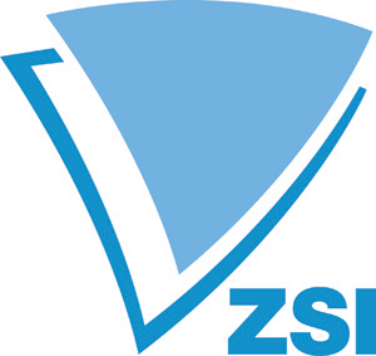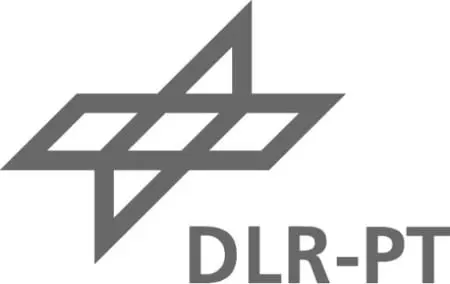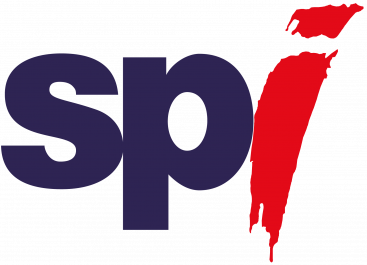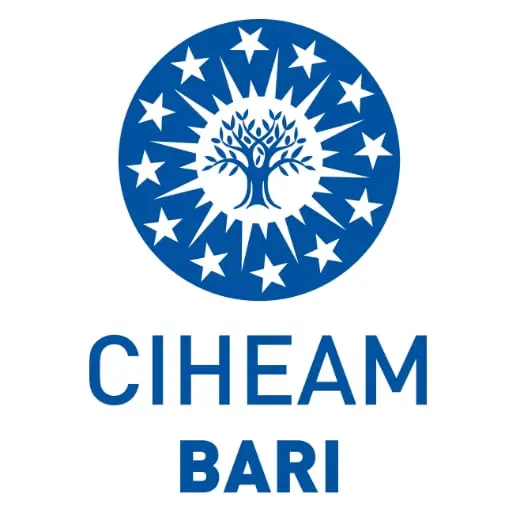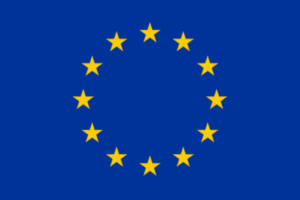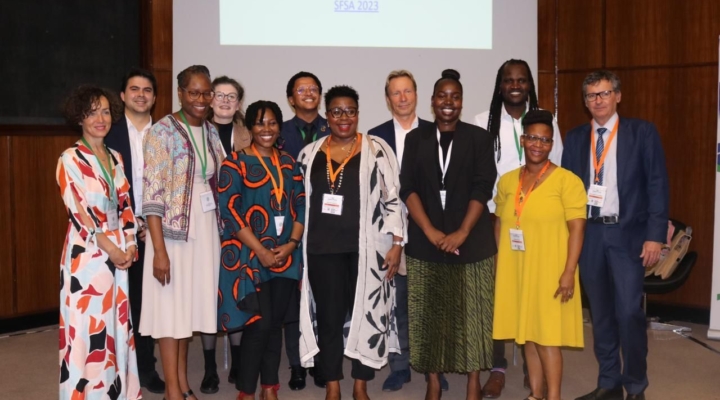 ESASTAP
ESASTAP MSCAdvocacy’s Country Liaison Officer for South Africa, Richard Anar, and Regional Liaison Officer for the African Union, Tanja Gillmann, successfully co-organised the European–South African Science and Technology Advancement Programme (ESASTAP) side event “Showcasing SA-EU STI cooperation – opportunities, lessons and success stories” at the Science Forum South Africa. With more than 100 participants, the event showcased opportunities for cooperation in science, technology and innovation between South Africa and the European Union (EU). Insights into Africa-Europe research and innovation cooperation were shared and the EU’s flagship Horizon Europe, the €95.5 billion research and innovation funding programme, was presented.
Horizon Europe: EU seeks to enhance cooperation with Africa
Horizon Europe is open to researchers and innovators from all over the world, including Africa, who are encouraged to prepare proposals together with EU partners. It includes specific actions to support and strengthen cooperation through multilateral initiatives. As a strategic partner, the EU seeks to strengthen cooperation with Africa to promote actions aimed at finding locally adapted solutions to challenges that are global in nature, but which often hit Africa hardest. The Horizon Europe 2023–2024 work programme includes the Africa Initiative II with 30 calls for proposals of particular relevance to cooperation with Africa and a total budget of around €300 million.
A special focus was given to Pillar 1 of Horizon Europe, with an overview of the Marie Skłodowska-Curie Actions (MSCA), the EU’s reference programme for doctoral and postdoctoral training. The MSCA can support the joint development and strengthening of training programmes, research and innovation projects that meet the socio-economic needs of both Africa and Europe. They can also promote joint masters and doctoral degrees between universities in both regions, facilitating inclusive mobility of students, researchers and staff. This can increase the number of future researchers and innovators who can move freely between Africa and Europe, while mitigating the risk of talent drain. Similarly, MSCAs can enhance mobility and facilitate exchanges within and between the two continents. They can also enhance the training of students, staff and researchers, as well as the capacity of higher education institutions to cooperate, transform and innovate. In addition, they can strengthen research and innovation management capacities, science communication capacities, and science, technology, engineering and mathematics (STEM) and social science capacities.
Success stories from funded projects rounded off the session. Testimonials highlighted how the funding received has allowed them to work in partnership on ground-breaking research, enabled staff to work abroad, while also highlighting the demanding nature of the role of being part of an EU-funded project.
South African researchers and innovators can rely on an extensive national contact point system to assist interested applicants with their applications.
Find out more
For more information on South Africa–European Union science, technology and innovation programmes, please visit:
Marie Skłodowska-Curie Actions (MSCA)
African Chapter of the Marie Curie Alumni (MCAA)
Teaser image: Speakers and moderators of the side event “Showcasing of SA-EU STI collaboration – opportunities, lessons, and success stories”, © ESASTAP
